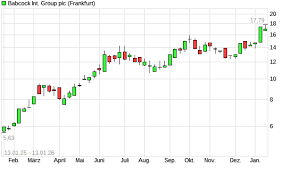The Impact of Gen Z on Society and Culture

Introduction: The Rise of Gen Z
Generation Z, often referred to as Gen Z, consists of individuals born approximately between 1997 and 2012. As this cohort comes of age, their unique characteristics, values, and behaviours are beginning to reshape various aspects of society, from consumer trends to workplace dynamics. Understanding Gen Z is crucial not only for businesses looking to engage this market segment but also for educators and policy makers aiming to support their growth and development.
Defining Characteristics of Gen Z
Gen Z is distinguished by their high level of comfort with technology. This generation is the first to grow up with the internet and smartphones from a young age, making them digital natives. As a result, they exhibit a preference for online communication and social media engagement. Recent surveys indicate that about 90% of Gen Z spends a significant amount of time on platforms like Instagram, TikTok, and Snapchat, shaping their worldview and fostering communities online.
Social Values and Activism
Social justice is a core value for Gen Z. Raised in an era marked by significant global challenges such as climate change, racial inequality, and political unrest, they are known for their passionate advocacy. According to a study conducted by McKinsey, over 70% of Gen Z respondents are willing to support brands and companies that take a stand on social issues. Their engagement in activism is not limited to online campaigns; many are inclined to participate in protests and community initiatives.
Workplace Expectations and Trends
As Gen Z enters the workforce, they bring different expectations to the table compared to previous generations. They prioritise flexibility, mental health support, and a strong work-life balance. Employers are noticing that this generation values a company culture over salary alone. A 2023 survey by Deloitte found that 80% of Gen Z employees prefer a hybrid work environment and are actively seeking companies that align with their ethical beliefs.
Conclusion: The Future of Gen Z
The significance of Gen Z extends beyond their immediate influence; their behaviour and choices are likely to shape future trends in consumerism, social interaction, and workplace practices. Businesses and institutions that recognise and adapt to the values of Gen Z will not only thrive but also contribute to a more inclusive and equitable society. As this generation continues to mature, their impact will undoubtedly redefine norms and expectations across various facets of life.









